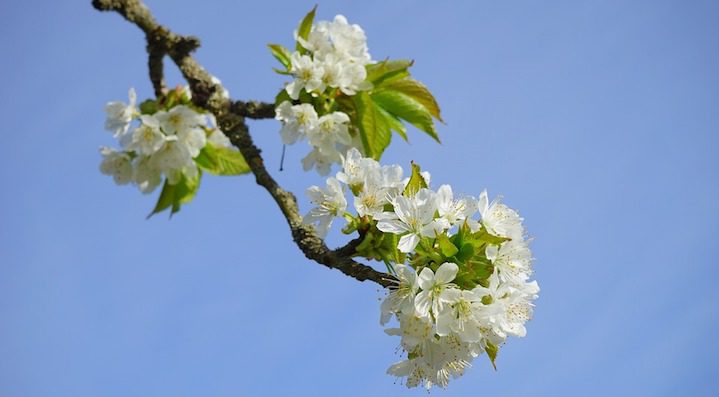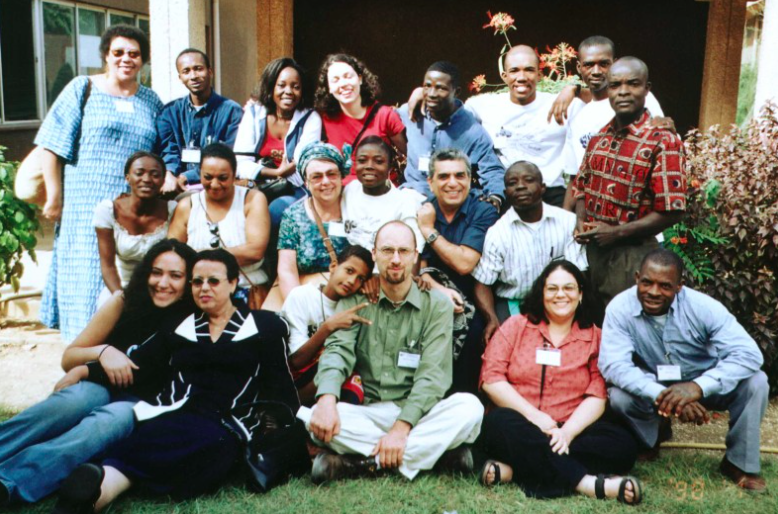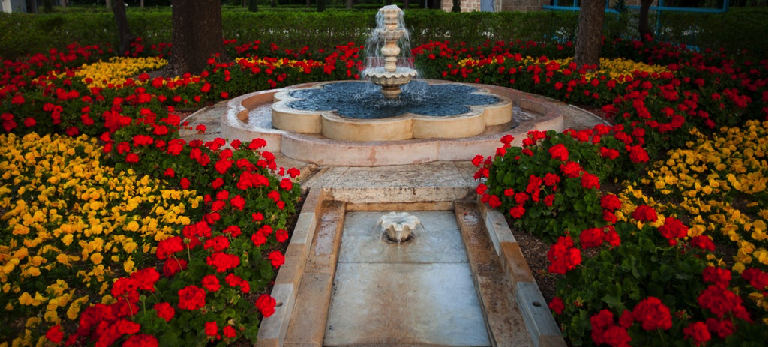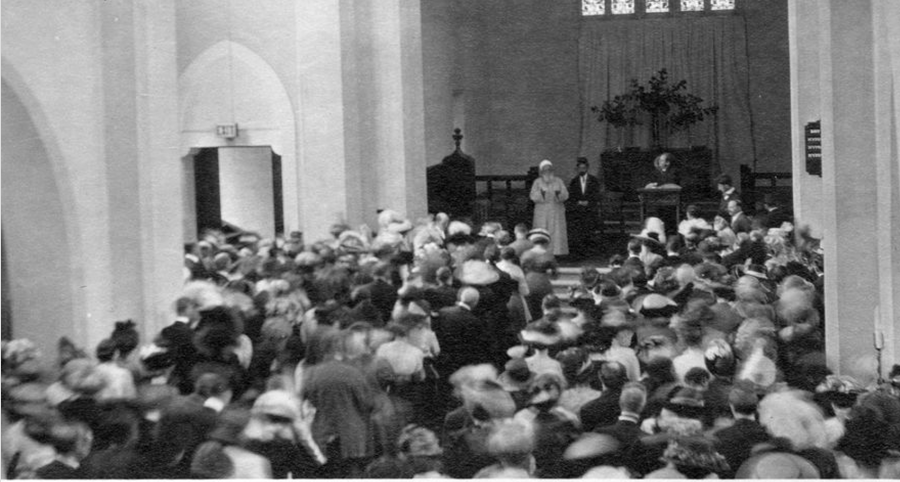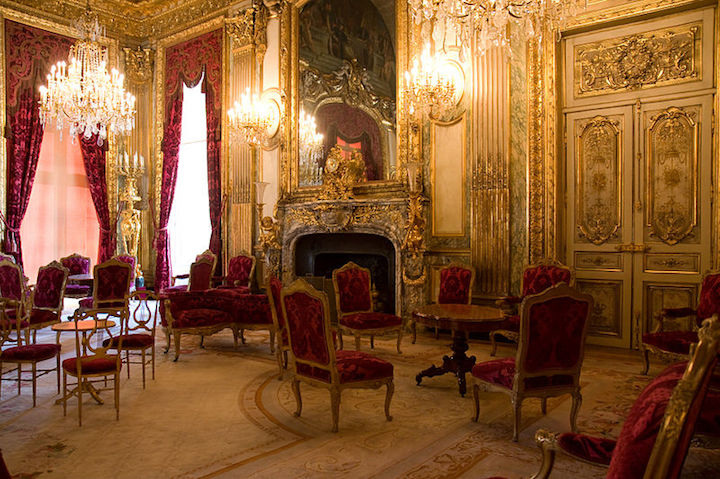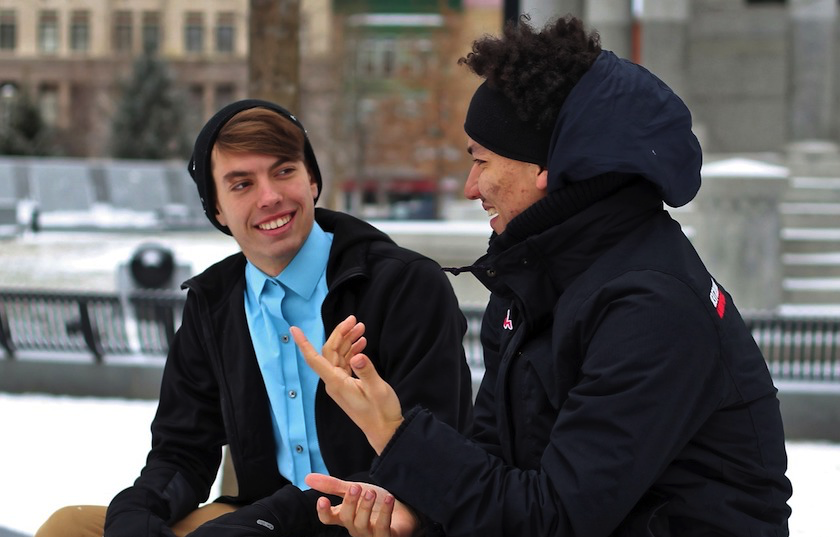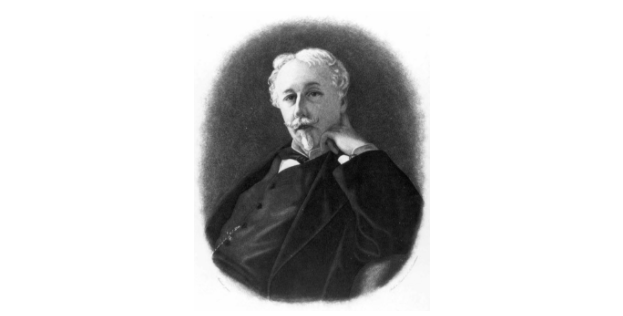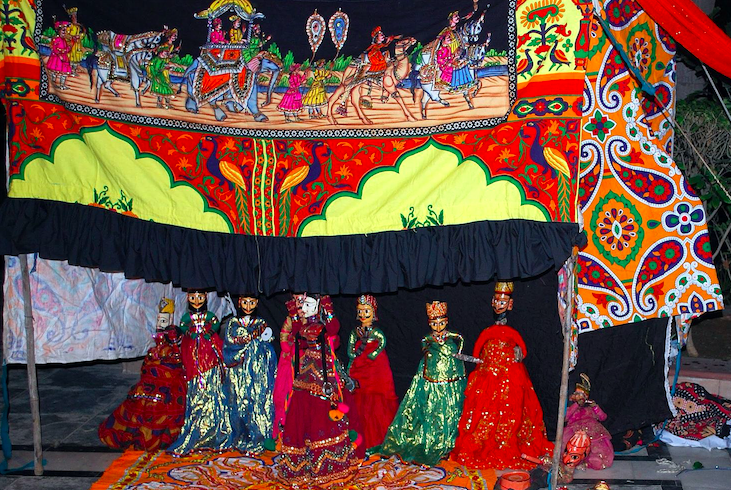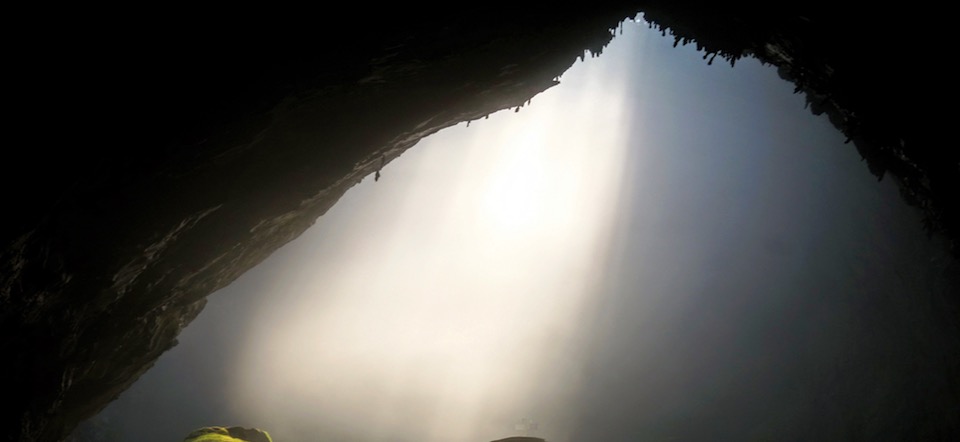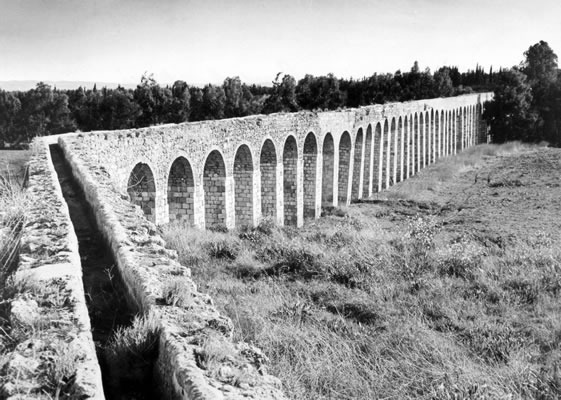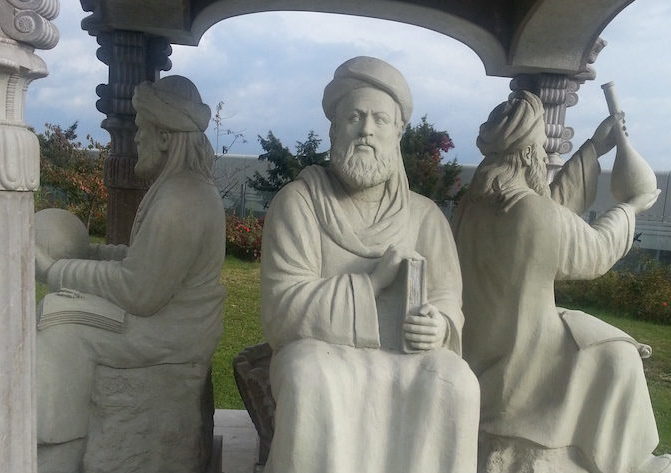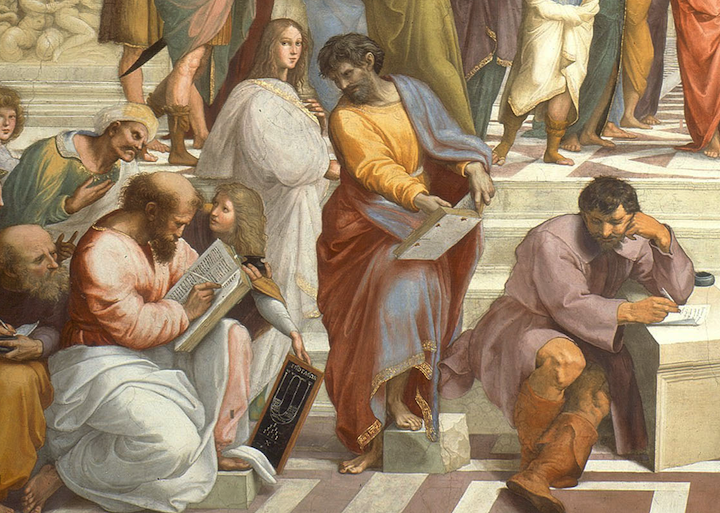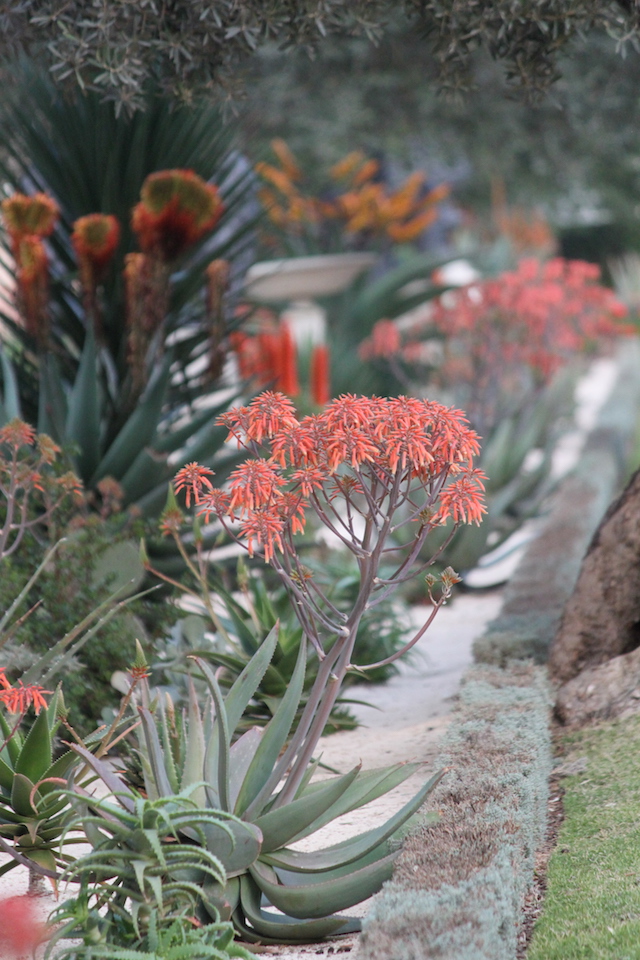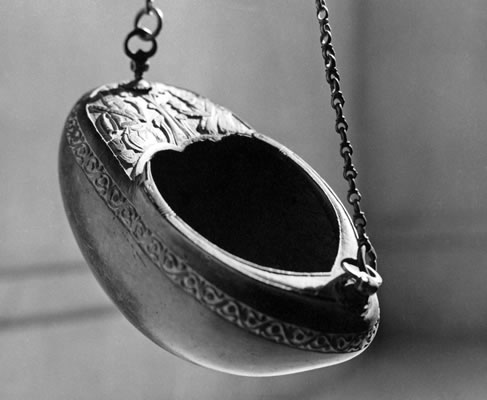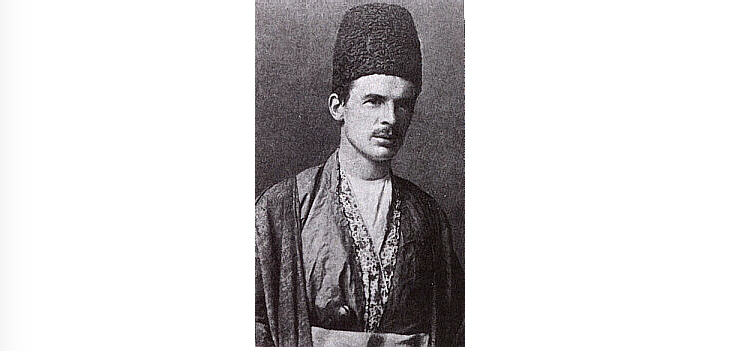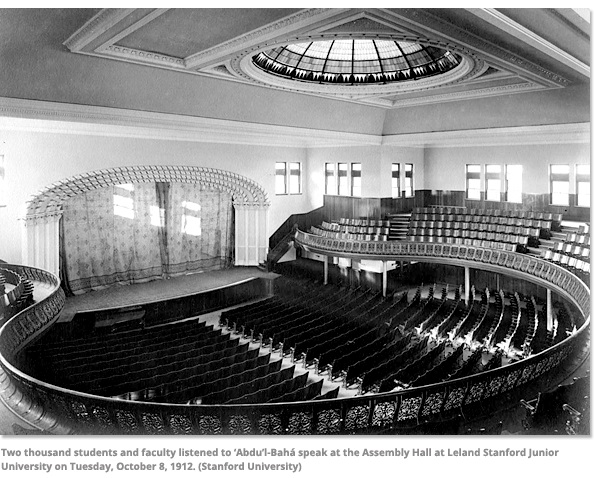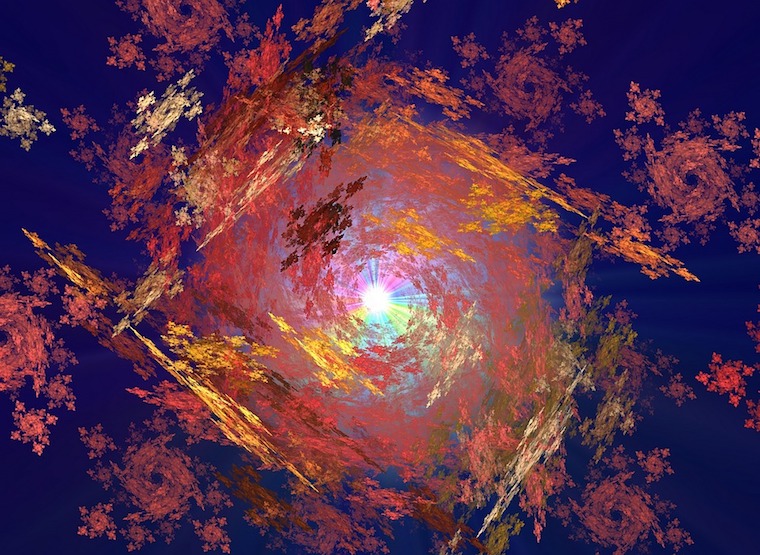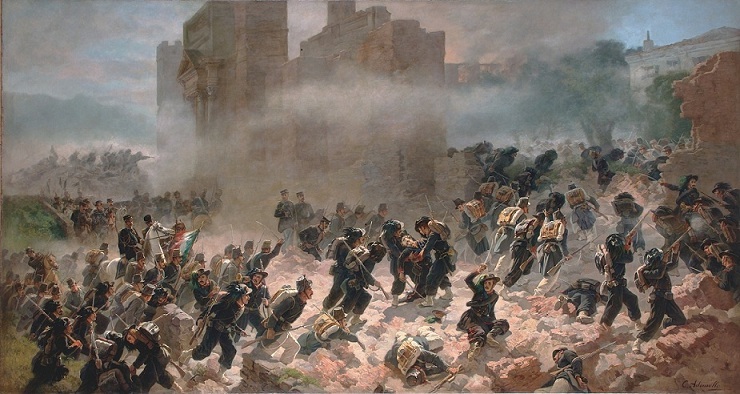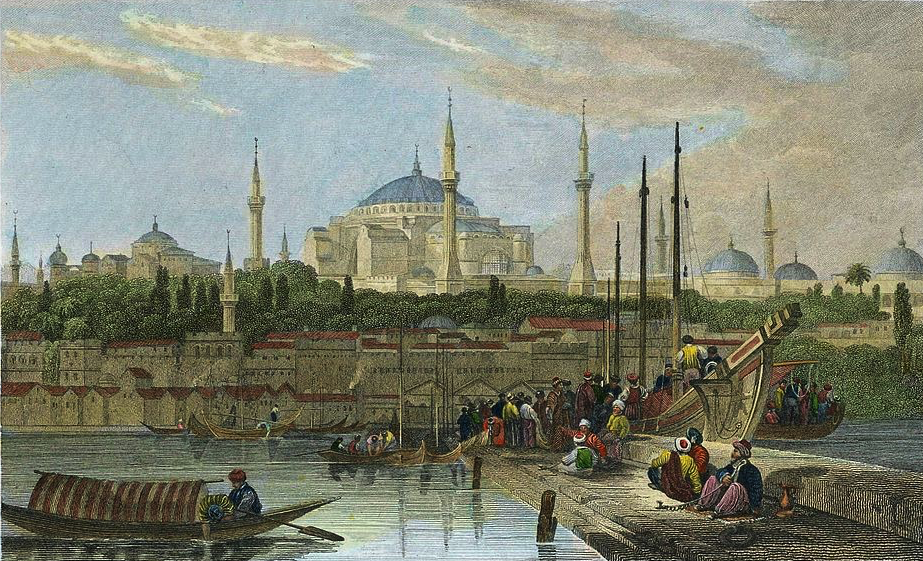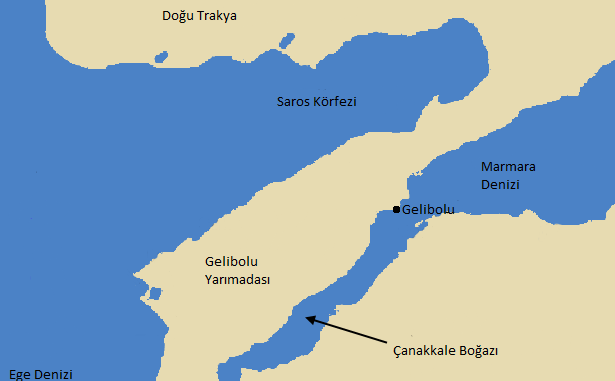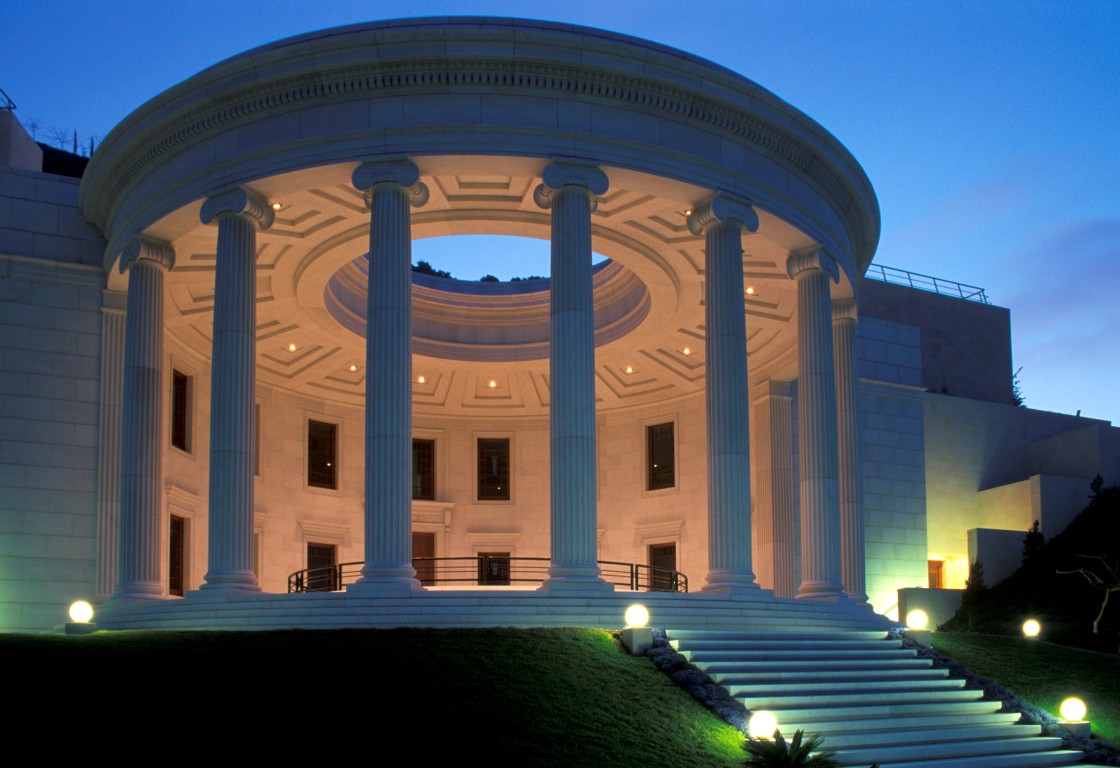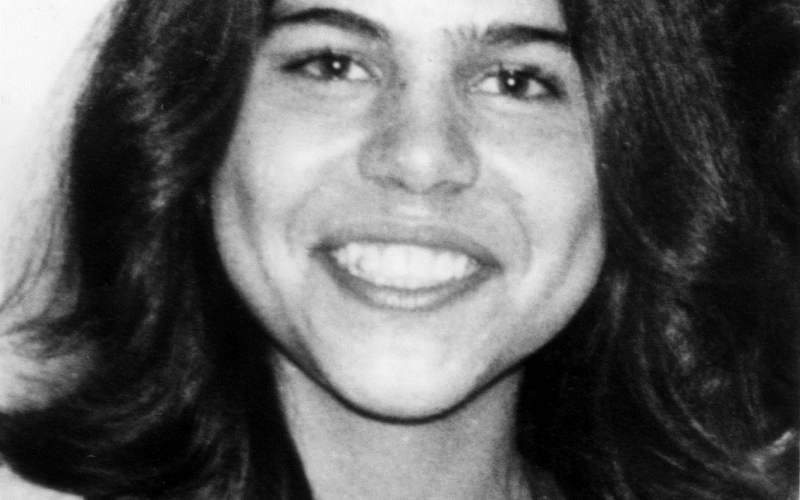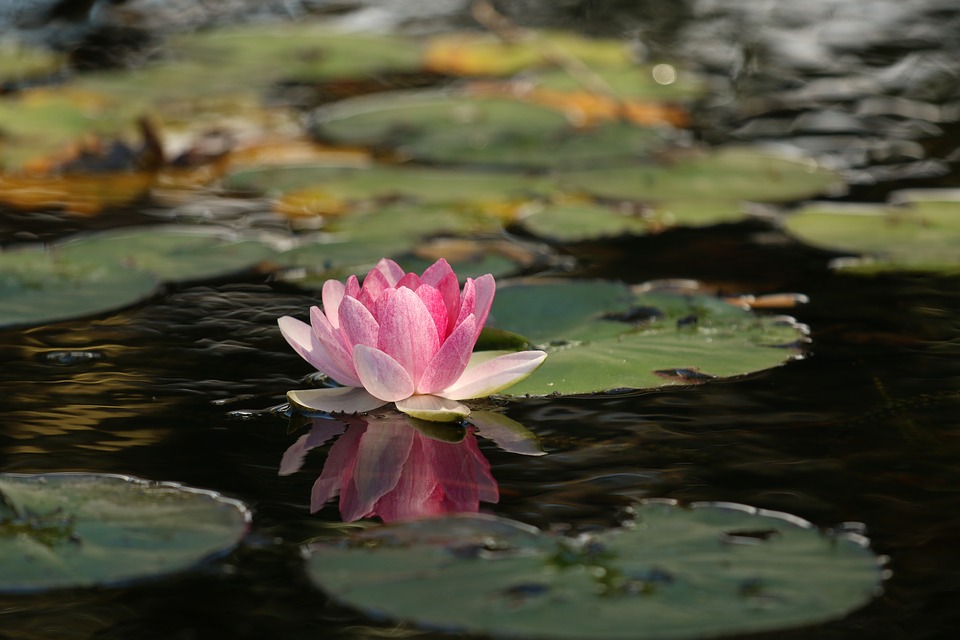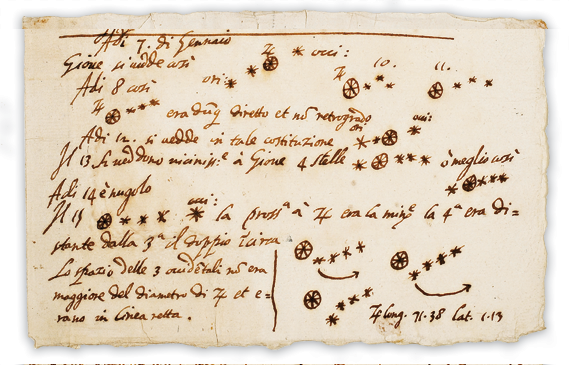-
Tablet of the Branch
In Adrianople, Bahá’u’lláh began the public announcement of his mission; writing to kings and rulers and to followers of the Bab. Also from this period, Bahá’u’lláh was already looking far ahead to the time when he would no longer be in the physical world and he was laying the foundations of the Baha’i Faith after his passing. We have already noted the role of Abdu’l Baha in his journeys to the West,[1][2][3][4], and in his role as the foundation stone of human unity. We have seen the extraordinary work schedule that he maintained. In France, his first address was concerned with kindness and welcome to strangers. In the Tablet of the…
-
Bahá’u’lláh’s first letter to Napoleon III: the Responsibility of Government for Welfare of the People
We have seen that while Baha’u’llah was in Adrianople he wrote to the rulers of society, individually and collectively. From this period comes Bahá’u’lláh’s first letter to Napoleon III – Emperor of the French – who at the time was at the height of his power and influence. Bahá’u’lláh’s letter announces his mission as do other letters of this period. Some of this letter is however concerned with responding to statements Napoleon III had made some years earlier in the context of the Crimean War. Two statements graciously uttered by the king of the age have reached the ears of these wronged ones. These pronouncements are, in truth, the king…
-
Origins of Racism: the Case of the Count de Gobineau
When we see racism still at work in our world it is important not only to know its current manifestations but also to understand something of how it arose. This article concerns, Count Arthur de Gobineau, a man who is often labelled a “father of racism”. Of course, no one individual is solely responsible – but he was clearly one of those whose influence contributed to the strengthening of racist ideology. Curiously enough he also appears as the European historian who wrote the first extensive account of the birth of the Babi religion, as we have seen in the article on E.G Browne. Regrettably, it appears, Gobineau did not pursue…
-
The religious scholar accused of being a follower of the Bab
In the time of Bahá’u’lláh, there lived in Persia a very erudite and accomplished religious scholar, Aqa Muhammad. Aqa Muhammad was so accomplished that later in life he was awarded the degree of “mujtahid” (recognition as an authority in Islamic law) by his teacher. About the time that Bahá’u’lláh was in the Black Pit (the Siyah-Chal) and there was intense persecution of the followers of the Bab, Aqa Muhammad arrived in Tehran to join a theological school. Aqa Muhammad was interested in metaphysics and philosophy, an interest the head of his new school shared. Aqa Muhammad was befriended by the head who welcome the opportunity to talk about such matters. Among the…
-
Edward Granville Browne – the only western scholar to meet Bahá’u’lláh
Edward Granville Browne was a young man in England when he first came across a most amazing account. It was the story of a severely persecuted and new born faith. He recalls the impression it made on him: My attention was first attracted to the subject by .. the .. work of M. le Comte de Gobineau … entitled “Religions et Philosophies dans l’Asie Centrale,” from whose graphic and vivid description of the first beginnings and early struggles of the Babis I derived more pleasure than I can describe. Anxious to learn more on the subject, I sought for other accounts, which should inform me of the further progress of the…
-
Bahá’u’lláh’s letter to Pope Pius IX
In 1869, while in Akka, Bahá’u’lláh wrote to the then Pope of the Roman Catholic Church: Pope Pius IX. History does not record any reply. As with other such messages, no reply was expected. The letter is short. It announces Baha’u’llah’s mission in words again unmistakable, although Bahá’u’lláh was a prisoner of the Caliph and Ottoman Sultan. “Rend the veils asunder. He who is the Lord of Lords hath come overshadowed with clouds“, the message begins, in a clear reference to the signs of the second coming recorded in the Gospels. Bahá’u’lláh continues that he “hath again come down from Heaven even as He came down from it the first time“.…
-
O Ahmad, be thou so steadfast in my love that thy heart shall not waver …
Written in Adrianople in 1865, the Tablet of Ahmad is one of the most powerful of Bahá’u’lláh’s writings. Adrianople, now known as Edirne, was the next place of exile Baha’u’llah was sent after being summoned to Constantinople., and is about 240 kilometres to its north-west. Adrianople was referred to by Bahá’u’lláh in his writings as “the remote prison”. The Tablet of Ahmad was written to Ahmad, a native of the city of Yazd in central Iran. Ahmad was religiously inclined and in his youth he became attracted to Sufism. He travelled to India as an ascetic and dervish. After a time he became disillusioned with this path, despite the…
-
Only Human
Human beings are prone to error. So much so, that often our messages about ourselves are entirely cynical about our capacity as human beings to foster a just, peaceful and prosperous future. Our popular culture is full of negative assessments of humanity. A recently popularised example is the words J.R.R. Tolkien placed in the mouth of the elf Elrond: “Men? Men are weak. […] It is because of men the ring survives.” The ring, of course, representing men’s lust for power. It is a one eyed view of human beings – a potentially paralysing view. And indeed in Tolkien’s world, human qualities of love for simple things, friendship, and loyalty…
-
White Australia Policy
Most us take a multicultural, multiracial reality in our stride – a normal and welcome part of life. It is a very recent development. For a Faith that arrived in Australia when the White Australia policy was the law, it inevitably raised questions for some of the newly enrolled Baha’is. How were they to square their religious beliefs – with the expectations of the society around them? And maybe with their own unexamined prejudices about their fellow human beings? The period in question unfolded mostly during the time that Shoghi Effendi led the Baha’i Faith. And at a general level, the likely answer was clear enough. Baha’u’llah came to establish the…
